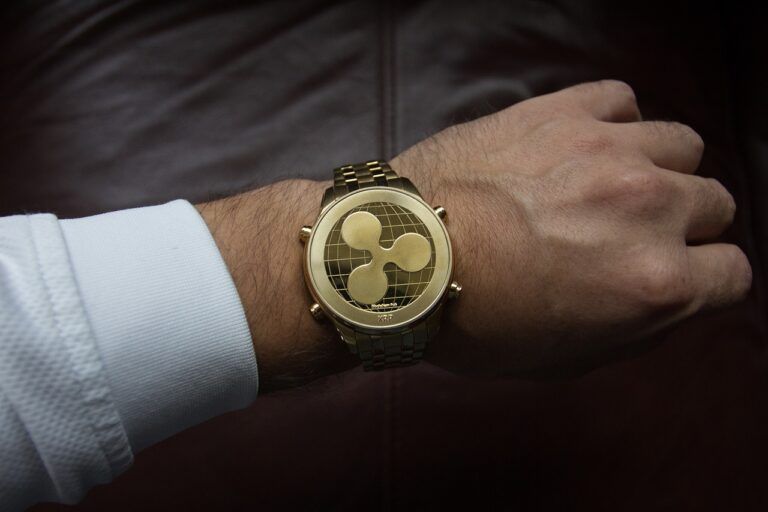Ripple recently noted their flagship cross-border payments solution, RippleNet, has expanded to cover more than 40 countries across North America, Asia, Africa, Europe, and South America.
The service is designed to provide better payment services in needy areas, according to a September 19 blog post from the Ripple team on their cross-border payments solution.
Ripple wrote about the growing demand for cheap and fast low cost payments as the remittance market continues to grow across the world. According to the World Bank, global remittances eclipsed $600 billion dollars last year.
The Ripple team said the new payment corridors facilitated by RippleNet will give markers in needy areas enhanced access to payment services.
Growing Global Remittances
In an April press release, the World Bank highlighted how global remittances are expected to grow to $642 billion in 2018.
The Ripple team said this number is more than “three times the official government aid received in 2017,” and asserted how cheaper, reliable, and faster payments services can serve as a “lifeline” for many of the global poor.
In the blog post, Ripple pointed out how many small and medium enterprises (SMEs) across needy markets often face difficulties in securing financing, which hinders the purchase of materials and hiring.
Streamlining Payment Flows
According to the Ripple team, RippleNet gives entities who handle remittances, and transactions related to SMEs, a distinct advantage, since RippleNet transactions are instantaneous and tracked end-to-end. This helps ensure money can move cross-border without much impediment.
Right now, RippleNet’s network consists of more than 100 different global banks and payment providers. Customers include Santander, Standard Chartered, and MoneyGram.
Recently, Ripple announced the National Commercial Bank (NCB) of Saudi Arabia had become the company’s latest enterprise customer by agreeing to join RippleNet. Some speculated the announcement was a big win for Ripple since Saudi Arabia is a major force in the world of remittances.
That announcement came at about the same time Japanese banking entity SBI Holdings said it was going to release a mobile payments application, MoneyTap, that would be fuelled by Ripple’s payment system.









